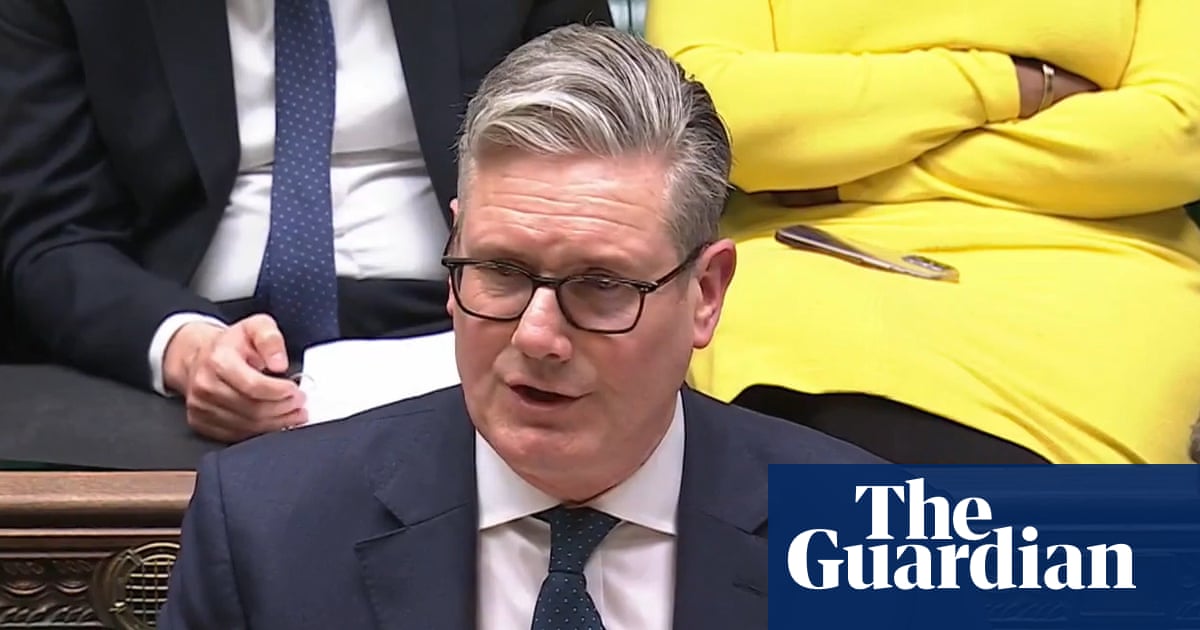The combination of charts showing the spread of Reform UK supporters (Who supports Reform and why?, 13 November), and Aditya Chakrabortty’s typically shrewd and combative commentary (The real Reform voters have been revealed – it’s a slapdash coalition Farage will struggle to hold together, 13 November) represented a rare bright spot in an increasingly bleak political landscape.
They provide a clear roadmap towards challenging what too many doomsayers have been presenting as the inevitability of a Reform UK victory at the next general election.
The task now for those who are alarmed by the rise of Nigel Farage’s cult is to use these findings to constantly highlight the inherent contradictions within his policies, while remembering the wisdom of one 19th-century political economist who said that philosophers had only interpreted the world, but the task is to change it. Keir Starmer, take note.
Les Bright
Exeter, Devon
Aditya Chakrabortty suggests that, come a general election, Nigel Farage will have to “cobble together an actual platform, he’ll have to pick a side” from his “curious dish of microwaved Thatcherism, seasoned with a big dash of old Labour”.
Reform UK’s policies were already clear in the run-up to the last general election, in its manifesto: “patriotic” education policies; permanent school exclusions; tax relief for private schools; all job seekers to find employment within four months, otherwise benefits will be withdrawn; high-intensity training camps for young offenders; vouchers for private healthcare treatment; making it easier to hire and fire “so that businesses can grow”; and abolishing the renters’ (reform) bill.
This is straightforwardly an attack on the working class. What keeps Reform in the game is its ability to outflank the other parties in the race to the bottom on immigration. In a stagnating capitalism, redistribution from the top to the bottom is not on offer – instead we are encouraged to fight among ourselves for the scraps. Reform’s selling point to the working class is that it will put “natives” first. Its selling point to capital is that it will discipline the working class. I think we’ve seen this somewhere before.
Nick Moss
London
Focusing on Nigel Farage and Giorgia Meloni’s personality risks missing the deeper forces that have shaped the latter’s trajectory in office (Can Nigel Farage emulate success enjoyed by Italy’s far-right Giorgia Meloni?, 9 November).
Meloni has moderated not simply because of her past parliamentary experience or personal inclination towards pragmatism and willingness to compromise, but because Italy’s political and institutional environment requires moderation. Coalition government forces Fratelli d’Italia to work with more centrist partners, most notably Forza Italia.
EU membership imposes further discipline. Access to Brussels’ post-pandemic recovery funds and the need to maintain Italy’s credibility in Europe have indeed pushed Meloni to compromise on key issues, regardless of her personal instincts.
None of these constraints apply to Reform UK. Britain’s first-past-the-post system discourages coalition building, and a post-Brexit government faces no external checks equivalent to those from the EU. If Farage were to gain power, the forces that tempered Meloni simply wouldn’t exist. That’s why personality-based comparisons risk obscuring crucial differences that matter.
Dr Margherita de Candia
Lecturer in comparative politics, King’s College London
Marianna Griffini
Assistant professor in international relations and anthropology, Northeastern University London

.png) 3 months ago
71
3 months ago
71

















































